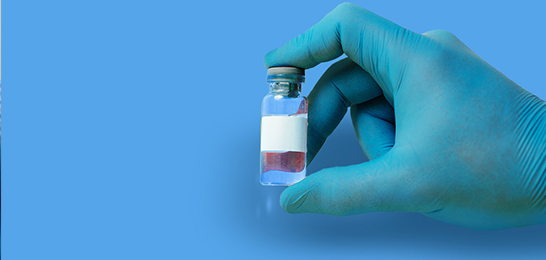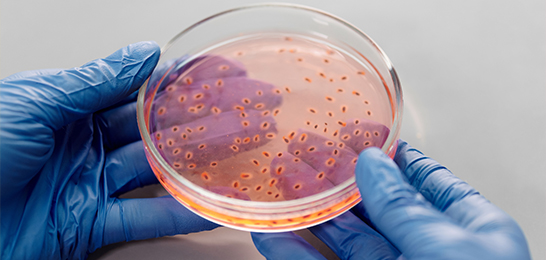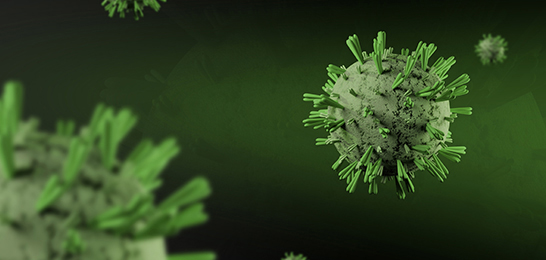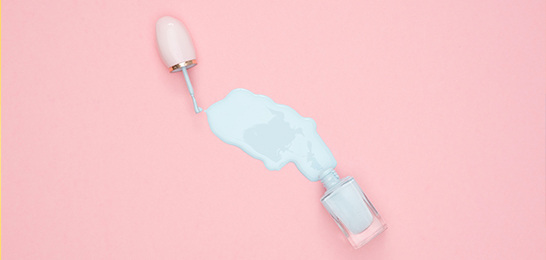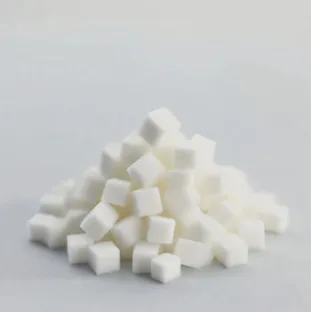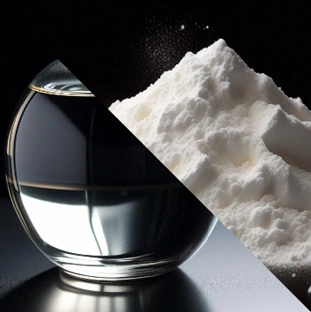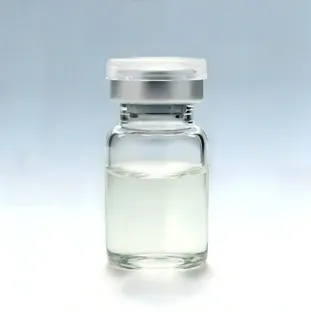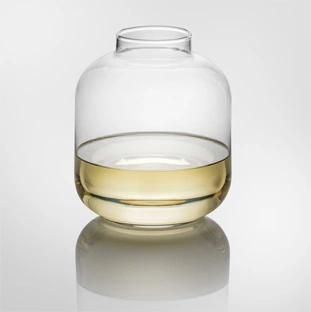Published Date: Oct 04 2022
By using chemical methods to optimize the skin delivery of peptides, one strategy is to alter the structure of the peptide by chemical modification or complexation and creation of new compounds, and another strategy is to alter the structure of the stratum corneum by chemical penetration enhancers. As described below, chemical modifications, complexing and chemical penetration enhancers have been used to enhance skin penetration of anti-wrinkle peptides.
1. Chemical modification applied to enhance skin penetration of anti-wrinkle peptides
The process of incorporating chemical groups into the native structure of a peptide molecule through covalent bonds is called chemical modification. The chemical modification of anti-wrinkle peptides can not only affect the skin permeability of the peptides, but also make the peptide molecules resistant to proteolytic enzymes. Hydrophobic groups (eg, fatty acids, terpenoids), groups with biological properties (eg, ascorbic acid, lipoic acid), and cell-penetrating peptides (eg, polylysine, polyarginine) have been used for Chemically modified groups of cosmetic peptides. The three main purposes of using chemical modification in the field of cosmetic peptides are to enhance skin permeability, biological efficacy and metabolic stability. For example, chemical modification with lipoic acid, a sulfur-containing fatty acid that modulates the expression of melanogenesis enzymes, was converted into a conjugate with anti-wrinkle and anti-melanogenic properties. Another example is the enhancement of metabolic stability by chemical modification with palmitic acid. Greater stability in epidermal and dermal skin extracts and skin homogenates.
2. Chemical penetration enhancers are used to enhance the skin penetration of anti-wrinkle peptides
Chemical penetration enhancers temporarily and reversibly reduce the barrier properties of the stratum corneum. To this end, these molecules are distributed into the stratum corneum and interact with its components through a wide range of mechanisms. According to the chemical structure, chemical penetration enhancers can be divided into alcohols, amides, fatty acids, esters, ether alcohols, surfactants, sulfoxides, essential oils, terpenes and their derivatives, pyrrolidines, oxazolidines, phospholipids and enzymes. Chemical penetration enhancers can affect intercellular lipid domains through fluidization, lipid extraction, polarity changes, and phase separation. They can also alter the integrity of stratum corneum adhesions by altering desmosome and protein structures. The mechanisms have been comprehensively reviewed elsewhere. Chemical penetration enhancers have been successful in increasing the skin penetration of anti-wrinkle peptides. In skin permeation studies, chemical penetration enhancers were applied in two ways; either exposing a physical mixture of chemical enhancer and peptide to the membrane, or initially treating the membrane with the chemical enhancer and then applying the peptide formulation to the membrane.
3. Application of metal complexation to enhance skin penetration of anti-wrinkle peptides
Metal complexation refers to the process of forming metal complexes from metal ions with empty electron orbitals and a set of ligands with electron-donating functional groups. The bond formed between the metal ion and the ligand is a coordinative or covalent bond (a special kind of covalent bond). Some peptides (such as GHK peptide and carnosine) can act as ligands, forming complexes with metal ions (such as Cu2+ and Mg2+). Carnosine is a polydentate ligand that can coordinate with Mg2+ ions to form positively charged complexes.

